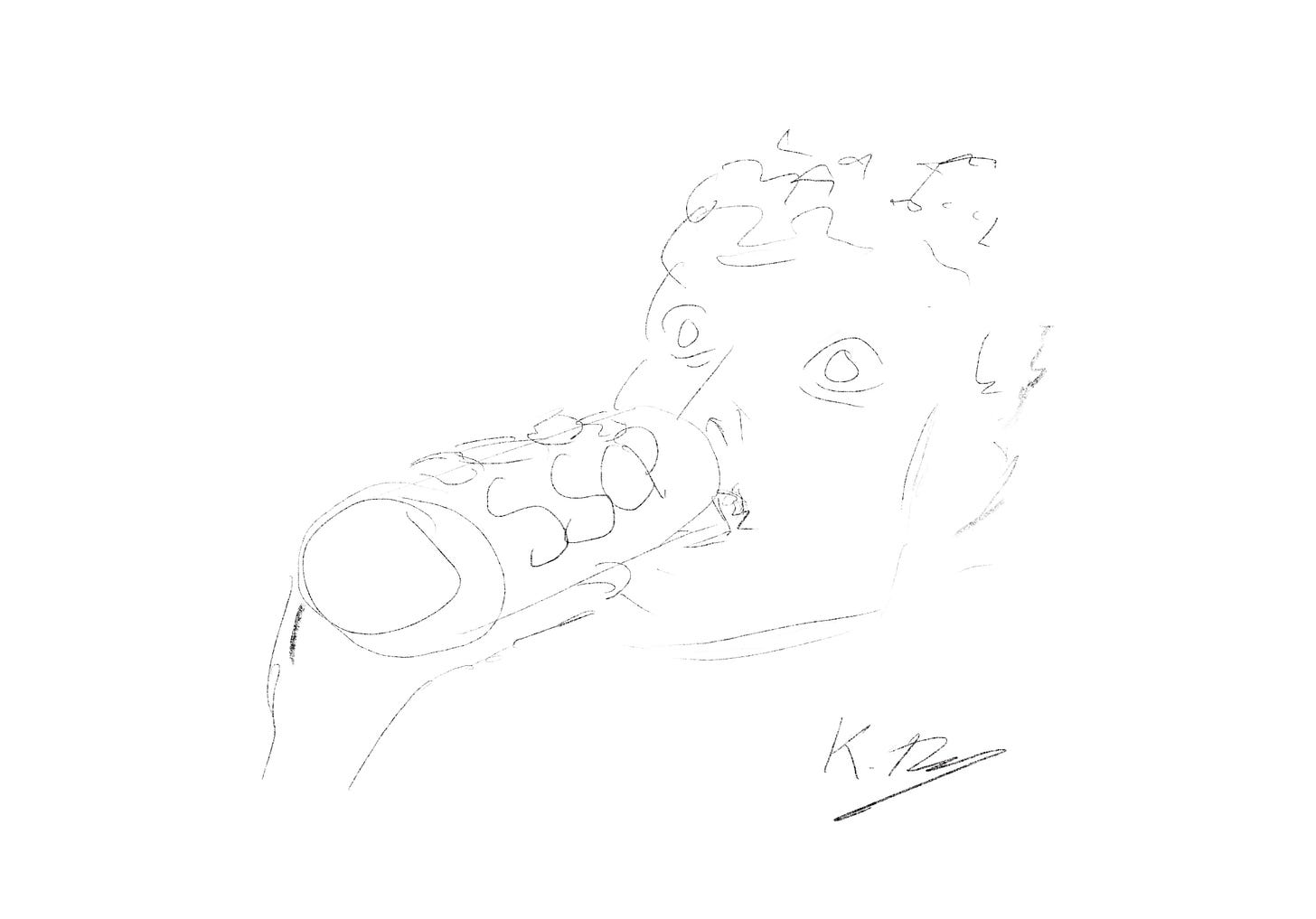What 89 Days of Studying Taught Me About Consistency
Dear Reader,
This week, I passed the Systems Security Certified Professional (SSCP) exam. It was hard. I would like to thank primary school PE teachers, Bear Grylls, and my Ma: you taught me a vital lesson.
SSCP is an information security certification which is awarded by the exceptionally named International Information Systems Security Certification Consortium (ISC2). ISC ‘squared’ is a non-profit organisation with an international membership of over 600,000 people, according to Wikipedia, and introduced a premier information security certification in 1994. It’s called CISSP. It’s very good, although people like to have intense online debates about its necessity. I will spare you the acronym.
SSCP requires one year of experience, a professional endorsement from a current ISC2 member, and successful completion of a three-hour exam. It is designed with technical professionals in mind: network engineers, IT administrators, and IT security operations professionals like me.
I recently moved house in the blistering sun while I had heatstroke. It involved six flights of stairs, a washing machine, and various states of delirium. When all was said and done, the iconic red can of Coca-Cola I opened made an obnoxiously loud hiss. As I ingested—wide-eyed and manic—potentially thousands of horrible things in the delicious icy brown liquid, I didn’t care. Immediately, I understood all the adverts; I would describe the experience as transcendental refreshment.
Passing the SSCP exam felt something like that.
I studied hard for just under three months using the official textbook and online self-paced training. I found cryptography and risk the most difficult topics. Network security wasn’t as difficult as I expected. Above all else, I learned or relearned the valuable lesson that consistency always wins.
Originally, I thought of relating this lesson to a rehashed summary of James Clear’s Atomic Habits. Habits are the compound interest of life. Behaviour change starts with identity. Positive feedback loops and virtuous cycles. However, I realised that I had been taught this lesson all my life. ‘Slow and steady wins the race’ is the mantra of primary school PE teachers and their platoons of six-year-olds everywhere on Sports Day. ‘Eat little and often’ advised ex–SAS survival expert Bear Grylls—likely after doing naked push-ups and drinking his own urine. ‘Don’t leave your homework until the last minute’ recited my Ma as I ignored her advice for the ninety-sixth time. Unsurprisingly, Ma was right and now I am joining them.
On several occasions, I sat down with my iced latte, LoFi for Wizards playlist, and attempted to brute-force my way through six hours of dense technical content. I no longer have access to show you the statistics, but my recall accuracy for the topics I covered during these sprints was measurably lower than those I studied in bite-sized chunks. Consequently, my study pattern began to gradually shift towards frequent short bursts rather than protracted sprints.
I found that not only were small, consistent steps more effective, they were energising where sprints were exhausting. Towards the end of nearly three months of increasingly consistent learning, I found that I was no longer cracking the whip and procrastinating. I began looking forward to learning about something I find interesting for twenty minutes.
In fact, passing the SSCP exam had an element of slight bitterness because it felt as though my twenty-minute studies had reached their conclusion. Thankfully, I remain in motion along this plane. Reflecting on the incredible power of consistency—the tortoise does indeed win the race—and the joy of learning has illuminated new avenues for me to explore and I couldn’t be more excited.
In the tabula rasa post-SSCP exam world, I consulted my inner compass. It’s 2025 and I’m 25. When I’m 50 in 2050, what kind of man do I hope to be?
Besides the more private answers, I hope to be the kind of professional who is professionally curious; someone who has pursued and continues to pursue the mastery of his craft and its potential to better the world around him. As far as I can currently see, to me that means broadly and deeply understanding the tools, methods, and matter of computing, from binary code to emerging research. Therefore, I am starting with the fundamentals.
Thanks to the Information Age’s wonder of the world—the internet—I am privileged to access a wealth of free online learning resources from world-class institutions. Ahead of computer science, mathematics seems like the best place to start. I intend to explore the strange world of numbers via the Open Source Society University (OSSU)—a 501(c)3 non-profit with comprehensive curricula across mathematics, data science, bioinformatics, and computer science. To keep things fresh, fun, and to accommodate my often-spontaneous natural curiosity, I may intersperse the OSSU topics with my long-term favourites: Crash Course and Kurzgesagt. If you have any suggestions, please let me know via a comment or email reply.
I look forward to seeing you next week in arithmetic.
Thank you for your attention.
Kind regards,
Kai Tebay


